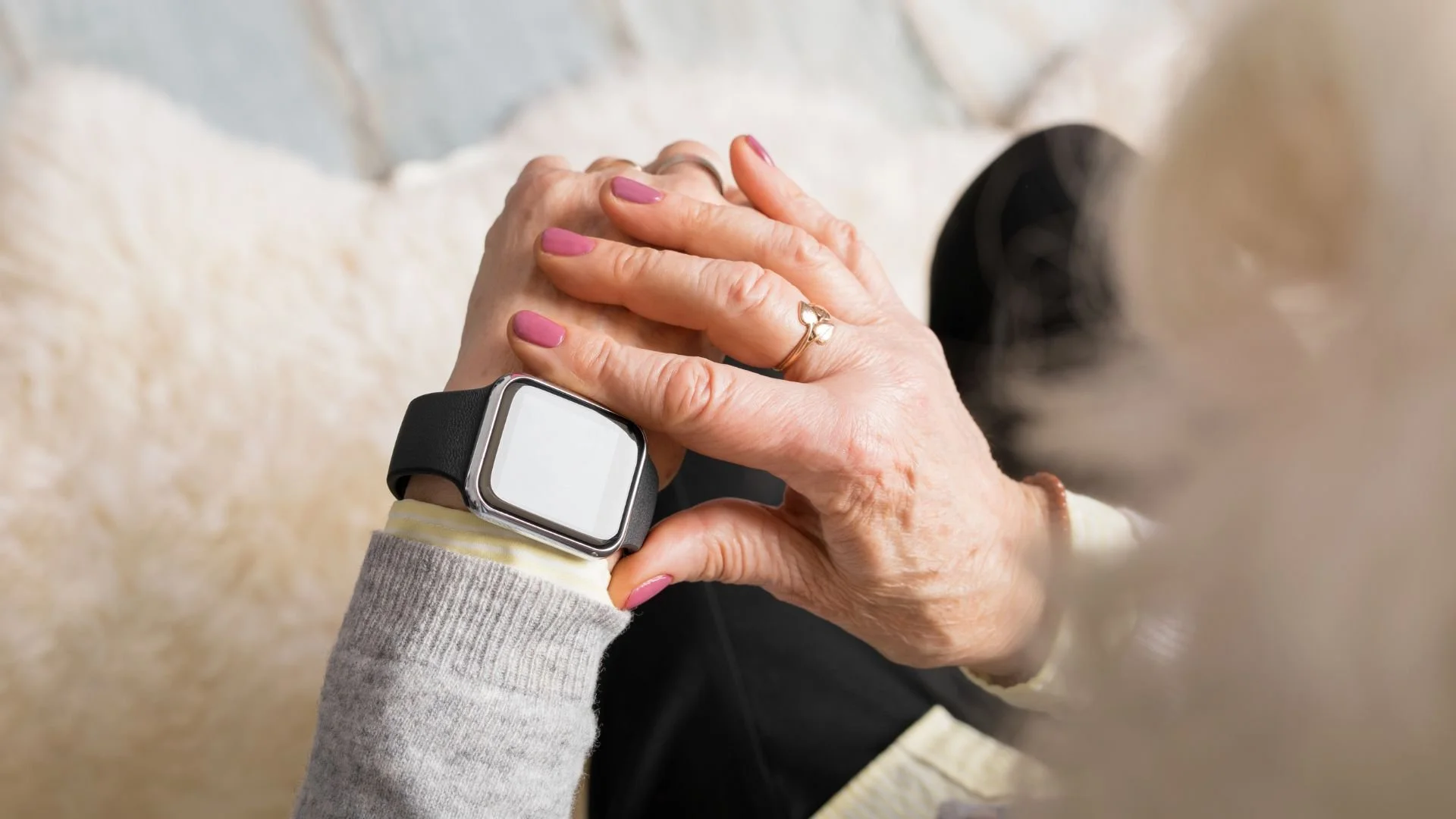Worrying About Your Elderly Parent Falling?
By Ewa Frydel, Owner
The fear of our elderly parents falling and getting hurt becomes a common concern the older they get, and the older we get, too.
We don’t blame you!
Falls are a significant risk for seniors, often leading to severe injuries and a decline in overall health.
However, there are proactive steps you can take to mitigate this fear and ensure your elderly parent’s safety. There’s no need to remain in fear. Once you start taking some steps toward their safety, you can find more peace of mind and can allow your elderly loved one to live independently in good health.
Here’s how you can combat the worry of your elderly parent falling:
1. Create a Safe Home Environment
Ensuring your parent's living space is safe is the first step in preventing falls.
Here’s a checklist to get you started:
Remove Clutter: Keep walkways clear of furniture, cords, and other obstacles.
Install Grab Bars: Place them in the bathroom near the toilet and shower.
Improve Lighting: Ensure all areas of the home are well-lit, especially stairways and hallways.
Secure Rugs: Use non-slip pads under rugs or remove them entirely.
2. Encourage Regular Exercise
Regular physical activity strengthens muscles and improves balance, which can significantly reduce the risk of falls.
Encourage your parent to engage in exercises such as:
Walking: A simple yet effective way to maintain strength and balance.
Tai Chi: This practice is excellent for improving balance and coordination.
Strength Training: Using light weights can help build muscle mass.
3. Review Medications
Certain medications can cause dizziness or affect balance. It’s crucial to regularly review your parent's medications with their doctor to identify any potential side effects.
Ask the doctor about:
Possible Side Effects: Especially those related to balance and dizziness.
Interactions: Ensure that new medications won’t negatively interact with existing ones.
Alternatives: Explore options with fewer side effects if necessary.
4. Schedule Regular Vision and Hearing Check-Ups
Vision and hearing impairments can increase the risk of falls. Ensure your parent has regular check-ups to keep their senses sharp.
Vision: Update prescriptions for glasses and address any eye conditions.
Hearing: Hearing aids can help maintain balance and spatial awareness.
5. Use Assistive Devices
Assistive devices can provide additional support and stability.
Consider the following:
Canes and Walkers: These can help with balance while walking.
Reachers and Grabbers: Useful for picking up items without bending over.
Wearable Alert Devices: In case of a fall, these devices can alert you or emergency services.
6. Educate About Fall Prevention
Education is key. Talk to your parent about the importance of fall prevention and involve them in making their home safer.
Consider professional resources like:
Physical Therapists: They can assess your parent’s mobility and suggest exercises and devices.
Occupational Therapists: They can recommend home modifications and assistive devices.
7. Establish a Fall Response Plan
Having a plan in place can alleviate some of the fear associated with falls.
Make sure your parent knows:
How to Get Up Safely: Teach them to roll onto their side and use sturdy furniture to rise.
Whom to Call: Ensure they have a list of emergency contacts.
When to Seek Help: Encourage them not to delay seeking medical attention if they do fall.
The fear of your elderly parent falling is natural, but it doesn’t have to be paralyzing.
By taking proactive steps to create a safer environment, encouraging regular exercise, and using assistive devices, you can significantly reduce the risk of falls and ease your worries.
Remember, the goal is to empower your parent to live safely and independently, while giving you peace of mind.
For more information about fall prevention, check out our blog How to Prevent Falls in Seniors or contact us for more information on how we can help keep your aging parent safe at home.
We’re here to help!
Legal Disclaimer
This blog provides general information and discussions about fall prevention strategies and removing the fear of our elderly falling and is not intended and should not be construed as medical or legal advice.


